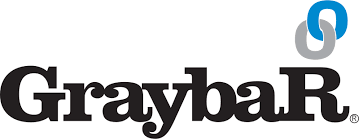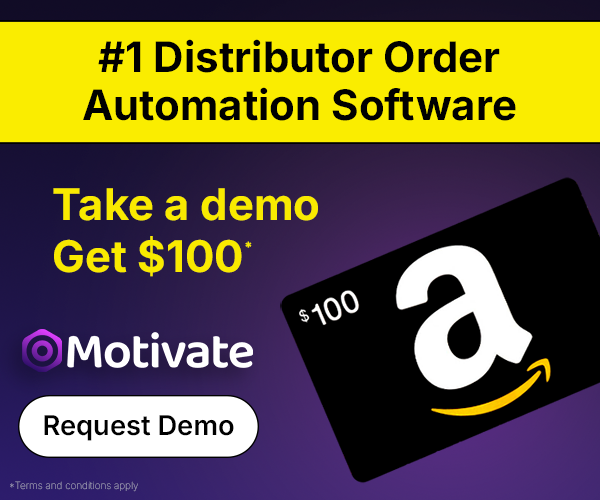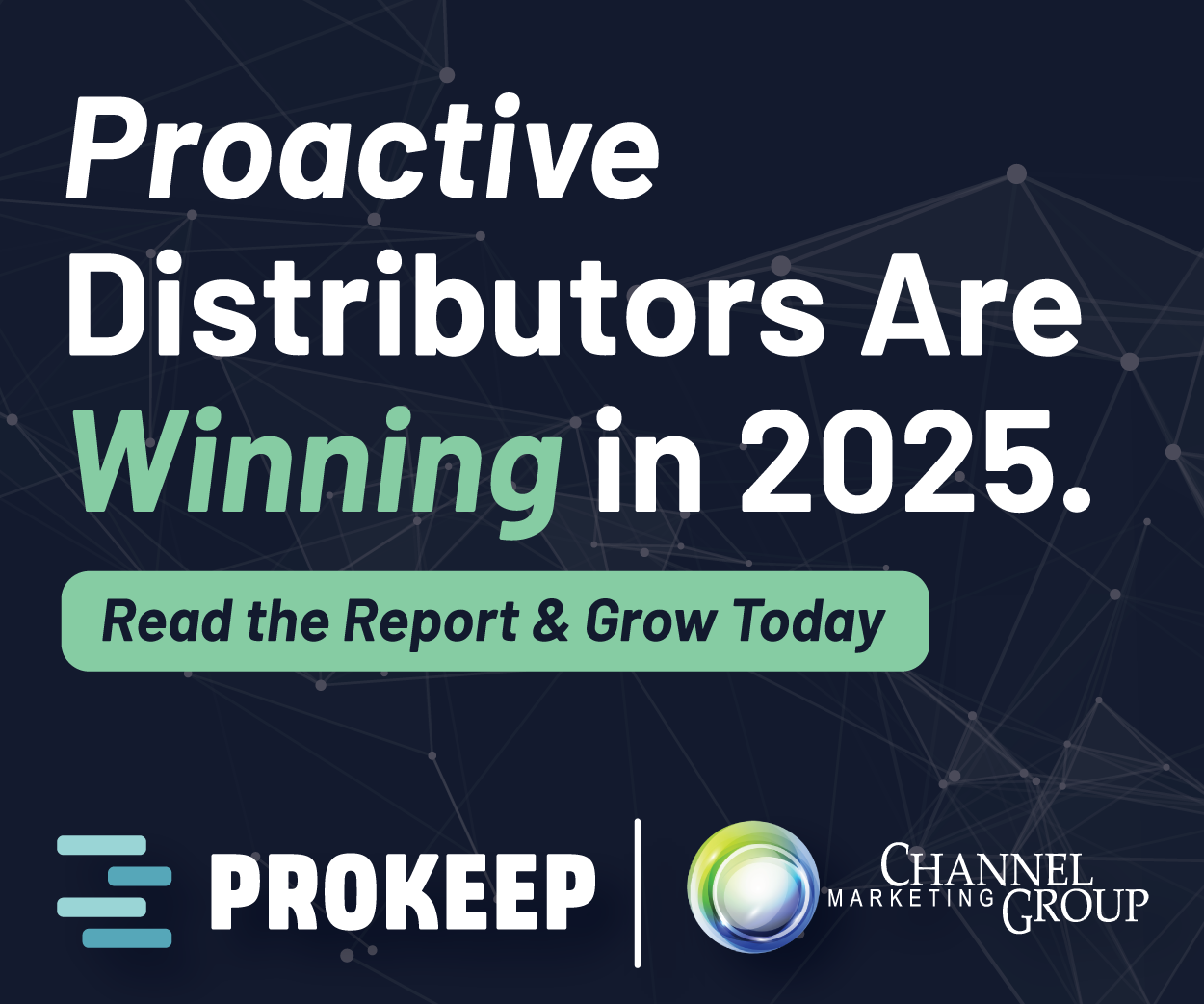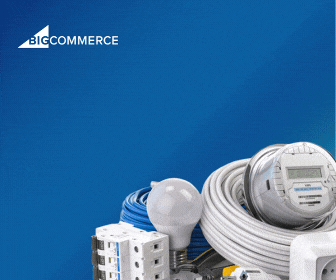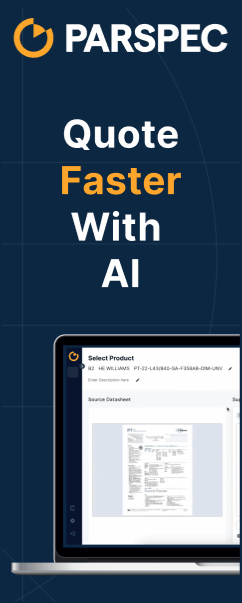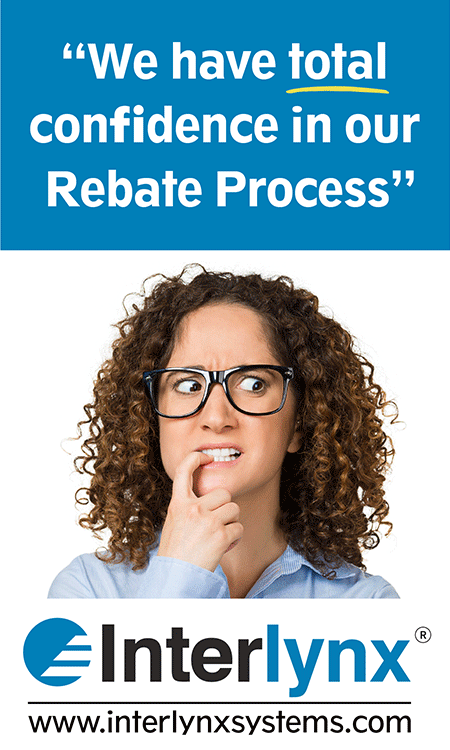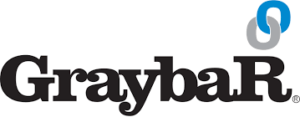Is Price Ruling You?
I was in the grocery store the other day picking up a few things and noticed that some of my wife’s selections were no longer being stocked. Instead, I noticed a significant increase in the visibility, and presumably SKUs, of their private label brand (Harris Teeter). Additionally, Food Lion has been running ads touting their private label brands and using the tagline “National Brand Quality. Better Price. Guaranteed.”
And then these three ads from electrical distributors and manufacturers.
Couple this with observations from other industries:
- Practically all publicly owned grocery companies have reported gross profit growth that exceeds their sales growth. They credit this to inventory management and increased sales of private label products.
- Wal-Mart, the world’s largest supermarket and retailer, currently derives 16% of sales from private labels. According to analysts, “private-label penetration at Wal-Mart Stores could exceed 40% over the next three years.”
- Grainger, another profit engine, generated 24% of its sales from its private label lines in 2008.
- Retail clothing chains continue to seek fashion at a low cost and are commissioning designers and then taking the designs to contract manufacturers.
And we’ve heard that there is significant capacity in China as U.S. companies have reduced their orders. These contract manufacturers are seeking buyers for their products.
Now we’re not advocating private labeling for distributors, but what becomes evident is that companies are seeking ways to increase profits on their sales
Consider these thoughts based upon the electrical pictures above:
- What is Selecta promoting? Yes it is for fasteners, but if they can put your label on a commodity product, what other commodity products can your label be placed on? Presumably they are carrying the liability incase a fastener fails. It is a very effective strategy for Warshauer Electric, and others are doing it also. And Selecta advertised this in the Electrical Advocate, an Equity/EDN publication promoting an IMARK distributor.
- www.onlineelectricsupply.com is promoting price and free shipping to most places. No manufacturer name is mentioned. This sets your customers’ expectations. Visit their website and notice the array of products … and no manufacturer names. All products are perceived as commodities. How are they doing it? Could you match their prices if you needed to?
- The AutomationDirect.com ad features a pricing strategy for Hubbell Weigmann enclosures. Save 50% off of Hoffman’s comparable products. Is Weigmann this much less expensive than Hoffman or is Weigmann giving AutomationDirect a much better price (or SPA)? Either way, they are competing based upon price, turning the product into a commodity.
All of this then begs the question of:
- If manufacturers can’t explain and/or deliver on value-added to justify price differential for commodity products, will distributors seek alternative sources (private labels, tier 2 & 3 lines, no-name companies, be willing to forego a brand name on a package, etc?
If manufacturers see the market, and pricing, continue to erode, where else can they reduce costs?) - In deflationary times, how could / should branded manufacturers compete, recognizing that they need price support and margins to promote their brands, deliver on support for distributors and fund distributor rebates.
- If online sources can offer significantlly lower prices, what price are you getting? Is this an issue of negotiating, commitments, seeking alternative channels or something else (are they negotiating an SPA differently)?
- How do you compete when others make price the name of the game?





